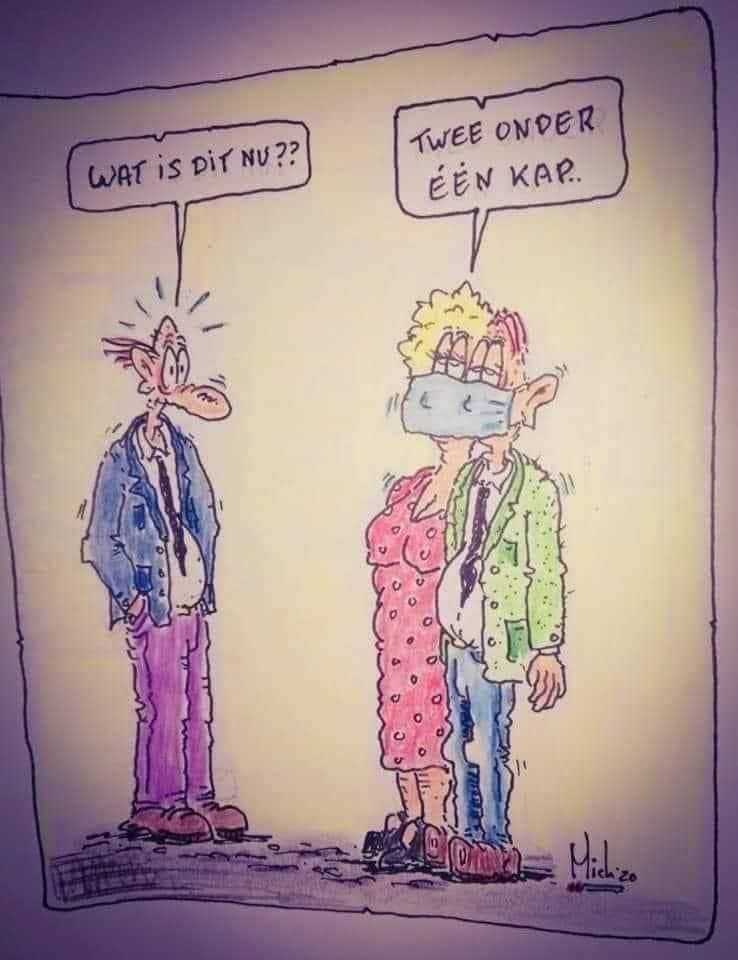Ontdekken posts
Ontdek boeiende inhoud en diverse perspectieven op onze Ontdek-pagina. Ontdek nieuwe ideeën en voer zinvolle gesprekken
A new past for a pandemic future: evolutionary and cultural histories of infectious diseases
Op Tuesday 16 March 2021, Professor Monica Green will present a free webinar on recent developments in epidemiological history, that sounds fascinating to me.
"This talk will summarise recent developments from a new approach to epidemiological history that combines these two very different kinds of evidence. The history of plague, leprosy, tuberculosis, and smallpox all reveal new dynamics and turning points. They show that pandemics—hemispherically or globally distributed diseases, whether bacterial or viral—share a common feature: dissemination due to human behaviour. Since genetics is now capable of investigating diseases past, present, and yet to come, it is now time to re-think how we conceive of pandemics."
https://www.lshtm.ac.uk/newsev....ents/events/new-past
A new past for a pandemic future: evolutionary and cultural histories of infectious diseases
Op Tuesday 16 March 2021, Professor Monica Green will present a free webinar on recent developments in epidemiological history, that sounds fascinating to me.
"This talk will summarise recent developments from a new approach to epidemiological history that combines these two very different kinds of evidence. The history of plague, leprosy, tuberculosis, and smallpox all reveal new dynamics and turning points. They show that pandemics—hemispherically or globally distributed diseases, whether bacterial or viral—share a common feature: dissemination due to human behaviour. Since genetics is now capable of investigating diseases past, present, and yet to come, it is now time to re-think how we conceive of pandemics."
https://www.lshtm.ac.uk/newsev....ents/events/new-past
Cizik School of Nursing has created a REMI Platinum Award-winning documentary film that tells the grim cautionary tale of nurses who participated in the Holocaust and abandoned their professional ethics during the Nazi era. The 56-minute film, Caring Corrupted: the Killing Nurses of the Third Reich, casts a harsh light on nurses who used their professional skills to murder the handicapped, mentally ill and infirm at the behest of the Third Reich and directly participated in genocide.





Het Andere Nieuws MarcB
Verwijder reactie
Weet je zeker dat je deze reactie wil verwijderen?